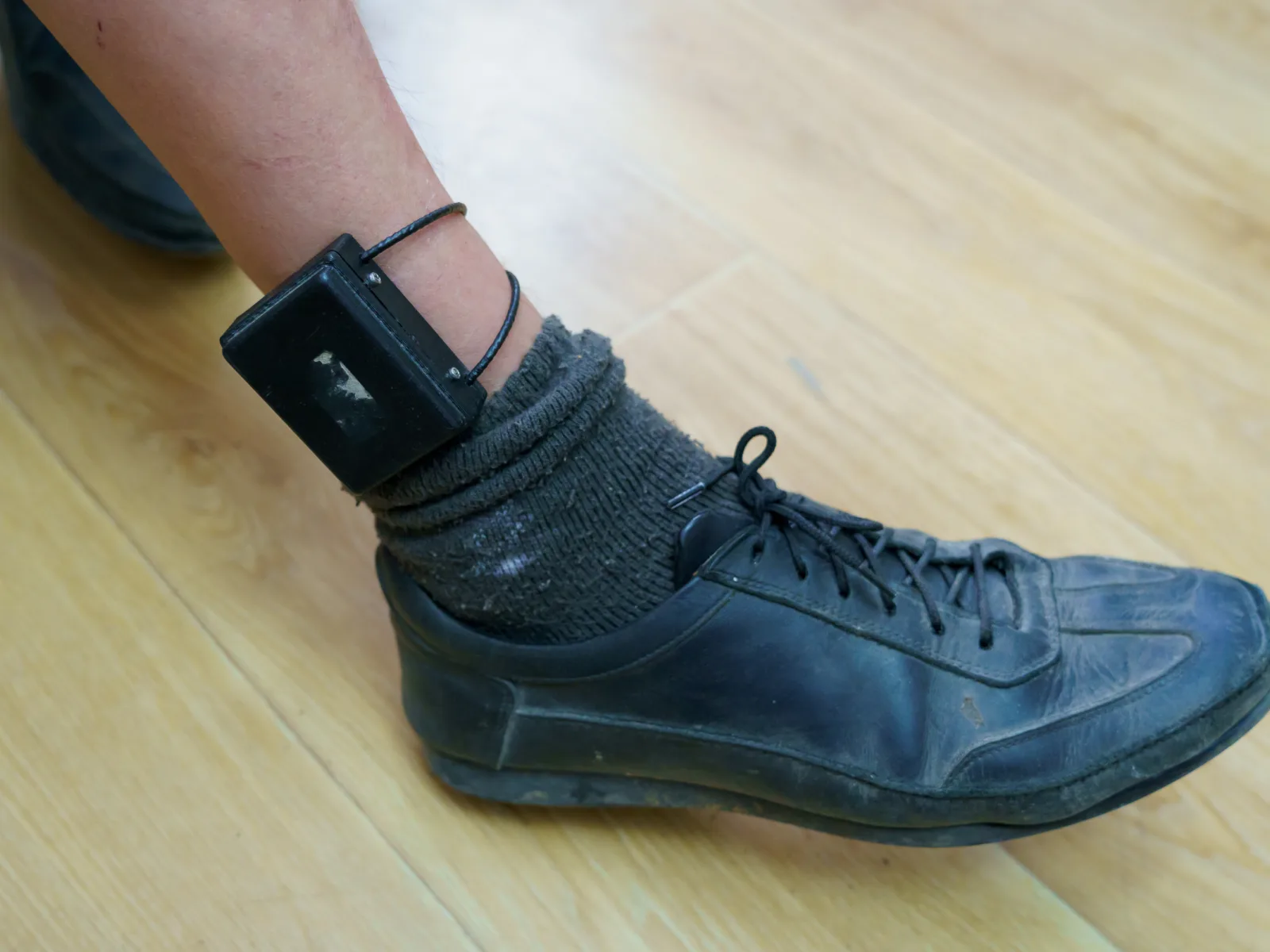Grant Recipient: University of California-Berkeley
Principal Investigator(s): Mia Bird, Johanna Lacoe
Term: 2023 – 2025
Summary: Judges in California have historically relied on a bail schedule (which affixes a specified bail amount to each crime) when setting the terms of pretrial releases. This system of cash bail has resulted in people being detained before their trial solely because they cannot afford their bail, raising concerns that wealth has become a determinative factor in release decisions. Research has found that the consequences of pretrial detention can last well beyond the period of incarceration for individuals and their families.
In 2021, the Supreme Court of California upheld a First District Court of Appeals 2018 decision in In re Humphrey that a court must consider a person’s ability to pay and non-monetary alternatives when setting conditions of release. The Humphrey decision does not eliminate cash bail in California: the pre-arraignment bail schedule remains intact and the Court openly clarified in the opinion that bail can constitutionally be denied when there is clear and convincing evidence of a public or victim safety risk. The decision leaves several important questions unanswered, including how courts will calculate ability to pay, how quickly ability to pay must be determined, and the minimum level of “less restrictive conditions of release” counties must make available.
As a result, it is unknown how Humphrey will affect pretrial case processing and release statewide and in each of California’s counties. In this study, we document county responses to Humphrey and examine pretrial outcomes before and after county implementation. Then, leveraging county variation in pretrial practice, we compare outcomes for individuals whose pretrial experience differs due to county changes in policy or practice to understand the impact of Humphrey.





















